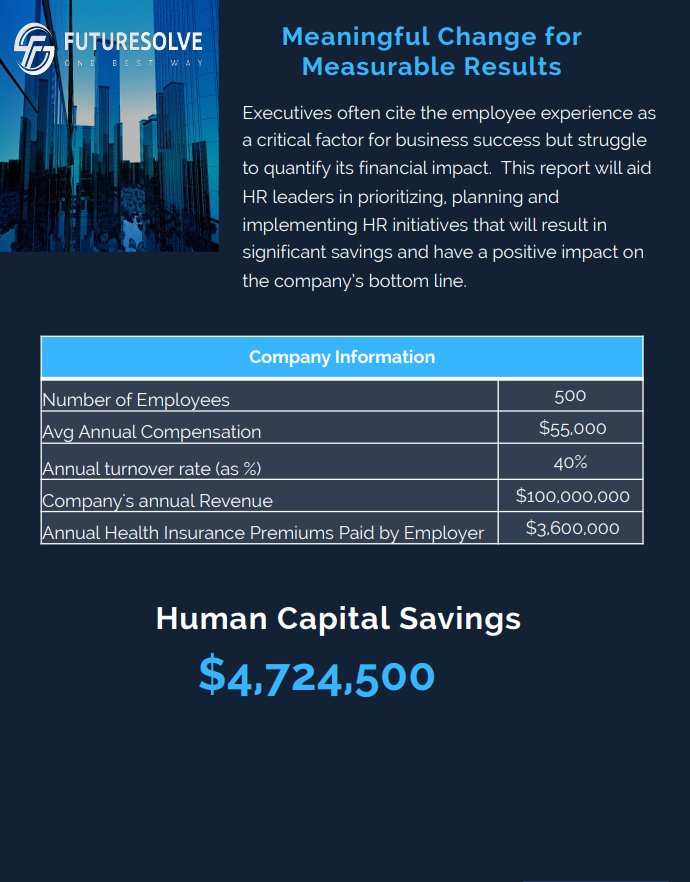Based on a recent survey, it has been observed that around 80 percent of workers tend to feel stressed on their job. At the same time, almost half of them reveal that they need help in learning how to manage stress while 42 percent of them reveal that their coworkers require some sort of help now & then. As a matter of fact, stress at work ranks as a higher stressor than other factors like family responsibilities, including personal health concerns.
According to a report, work-related stress has been defined as the adverse reaction individuals have towards excessive pressure of work or different types of demands upon them. For most individuals out there, work-related stress can serve to be an unbearable burden. You might feel like keeping your head down or carrying the overall pressure of the job in your hands -even when you understand that you are struggling from within. No individual should feel this way. Everyone out there deserves a perfect balance between home life and work life. Therefore, you should know how to handle stress at work.
What is Work-related Stress?
Work-related stress is the response people tend to have when they are presented with work pressures or demands that are not effectively matched to the abilities and knowledge while also challenging their overall ability to cope. Stress can occur across a wide range of work-related circumstances. However, it is usually worsened when employees realize that they have minimal support from colleagues and supervisors, along with less control over work-centric processes. It is imperative for you to know about how to deal with stress at work.
In most cases, there is a confusion between challenge, stress, and pressure. In some cases, this parameter is used in the form of an excuse for poor management practices. Pressure at work can inevitable. It is because of the ongoing demands of the modern work environment. Pressure that is perceived as acceptable by any person will help in keeping employees alert, motivated, and the zeal to learn & understand -depending on personal characteristics and available resources.
However, when this pressure becomes excessive or unmanageable, it will ultimately lead to stress. Work-related stress can substantially damage the overall business performance and health of employees.
What are the Signs of Work-related Stress?
If workers at your workplace start behaving differently, it could be a tell-tale sign that they might be under work-related stress. Managers and employers should look out for common signs of work-related stress in workers and teams. You should also think whether or not this stress could be associated with work pressure.
As employers act early upon such signs, it can help in minimizing the overall impact of work-related stress while making it easier to remove or reduce the causes. If employers are concerned that an employee is revealing some signs of work-related stress, they should encourage the employees to analyze the overall performance. In some cases, recommendations from a health expert can also help. These signs depict symptoms of the respective conditions of employees.
If something wrong is taking place at the workplace, and this has been the cause of work-related stress amongst employees, managers or employers should take relevant action.
Some of the common signs of work-related stress within teams are:
- Higher staff turnover
- Frequent arguments
- Minimized performance
- Increased absence due to sickness
- Increased reports of stress
- More grievances and complaints
Employers are expected to assess in-depth about the risks related to the respective signs of work-related stress. They should aim at taking proper action towards protecting the rights of the employees.
In addition to teams, some of the common signs of work-related stress in individual workers are:
- Arriving for work later
- Taking more time off
- Being nervous or twitchy
A change in the manner in which someone feels or thinks can also be a major sign of stress. For instance:
- Being withdrawn
- Mood swings
- Loss of commitment, motivation, and confidence
- Increased emotional reactions -being more aggressive, tearful, and sensitive
Causes of Work-related Stress
When the signs of work-related stress are triggered due to work-related pressures, some of the common reasons for this type of stress amongst employees are:
- Lack of proper support at work
- Organizational changes
- Tight deadlines
- Excessive workloads
- Longer duration of work
- Bullying or harassment
If you witness an undue amount of stress on a daily basis, there are specific things you can ask yourself to clarify whether it is your employment that is the primary cause of the stress. Some of the core pointers that indicate whether or not your work pressure is unmanageable are:
- You are not able to cope with the ever-rising demands of the job
- You are not receiving ample information as well as support at work
- You are not able to control the manner in which you work
- You are facing problems with relationships at workplace
- You are being bullied
- You are not engaged when the business might be undergoing some change
- You are not fully capable of understanding your roles & responsibilities
If these are your conditions, then you could be suffering from excessive levels of work-related stress. In most of modern work environments, you will be forgiven to possess the feeling of being grateful to have employment in the first place. The overall added pressure of working life is accepted rather than being questioned. Some might regard the same as a weakness to offer the suggestion that they are not able to cope with added pressures.
The given series of attitudes or thoughts can quickly observe the overall mental health taking a major downturn.
Get Relevant Support at Work
In generations going by, raising your voice against the toxic or stressful working environment might have been observed as a taboo. In the modern era, we understand the importance of a healthy work-life balance. Your organization should feature a relevant staff or team to speak about the importance of mental health at work.
A good step would be to reach out to the HR team or manager about the issues you are facing at work and the overall damage being done to your mental health. It is imperative to do away with work-related stress to ensure employee retention within the organization.





























